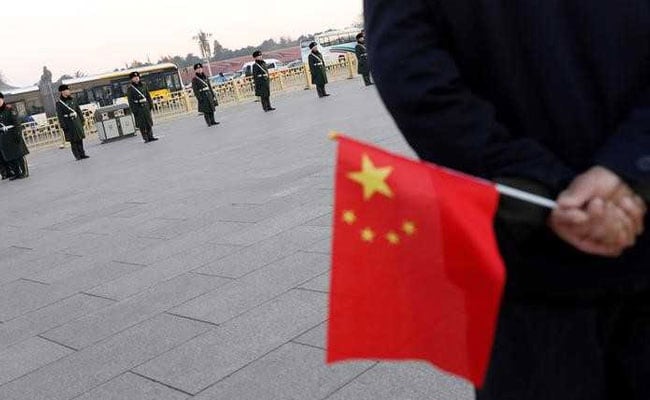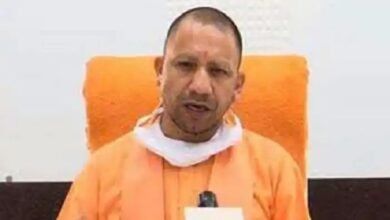[ad_1]

Several prominent figures closely linked to Xi Jinping have seen their fortunes change abruptly.
New Delhi:
Hundreds of government personnel in China have vanished under ambiguous circumstances, prompting comparisons to deadly purges overseen by former Soviet premier Joseph Stalin, a report claims.
While China’s security apparatus has scaled up repression to totalitarian levels, the message emanating from Beijing remains clear, Politico claims. The case of former Chinese foreign minister Qin Gang, whose unexplained absence since July coincides with disturbing reports of “tortured to death,” has ignited further speculation and demands for transparency.
China removed Gang from his post just seven months into his tenure. This abrupt dismissal came after an internal investigation concluded that Qin Gang engaged in an extramarital affair and fathered a child while serving as the Chinese ambassador to the United States, the Wall Street Journal reported in September.
Indiscriminate Crackdown
Several prominent figures closely linked to Xi Jinping have seen their fortunes change abruptly. This includes senior individuals who previously oversaw China’s nuclear weapons program and key officials in the financial sector. The precise details surrounding their current situations remain unclear, with reports suggesting some may have died during their detention.
Li Keqiang, China’s recently retired prime minister, passed away in Shanghai in late October at the age of 68. The circumstances surrounding the communist party’s second-in-command’s passing remain unclear but China claims that he suffered a heart attack in a swimming pool. Following his death, Xi Jinping imposed restrictions on public expressions of grief for his former colleague.

For Chinese officials who fall out of favour with the government, “a sudden heart attack while swimming” has gained notoriety as a veiled reference to unexpected and potentially suspicious deaths, mirroring the ominous connotations surrounding “falling out of a window” in Russia for those who have clashed with the ruling power, Politico writes.
“Since his reign began in 2012, Xi Jinping’s endless purges have removed millions of officials – from top-ranked Communist Party “tigers” down to lowly bureaucratic “flies,” to use Xi’s evocative terminology,” Politico reports.
Reports also indicate possible probes targeting senior members of the Central Military Commission, the CCP’s leading authority overseeing China’s armed forces.
China’s military has found itself under heightened scrutiny in recent months as well, with Xi Jinping implementing measures to strengthen his grip on the armed forces. This surge in oversight began in July with an unprecedented public call for information on potential corruption within the military over the previous five years, the BBC reported.
Friendly Fire
The current wave of “neutralisations” marks a significant departure from previous purges. While past purges focused on individuals from opposing political factions, this recent wave encompasses individuals deeply embedded within Xi Jinping’s inner circle and the broader CCP. This shift raises serious questions about the regime’s internal cohesion and the stability of Xi Jinping’s leadership.
“We see a China domestically that is challenged; an aging society, demography, a severe housing crisis, slowing down growth, unexpected unemployment because the young generation leaving university does not find adequate jobs in the private sector anymore,” European Commission President Ursula von der Leyen told Politico. “So quite some challenges domestically.”

Xi Jinping’s government enacted a revised counter-espionage law in July 2023, significantly expanding the investigative powers and reach of authorities. Subsequent to this, the state security ministry issued a public appeal for citizen involvement in countering espionage activities.
The Chinese Ministry of State Security, the lead agency for foreign intelligence and counter-espionage, emphasised the need for a system that encourages widespread public participation in counter-espionage activities.
No Chinese leader since Mao Zedong has undertaken anti-corruption initiatives as extensive and impactful as those implemented by Xi Jinping. Since assuming office in 2013, Xi has spearheaded a concerted drive to purge corruption from the Chinese government, targeting officials at all levels, from high-ranking “tigers” to lower-level “flies.” Estimates suggest that these efforts have resulted in the removal of thousands of officials, significantly impacting the political landscape of China.



